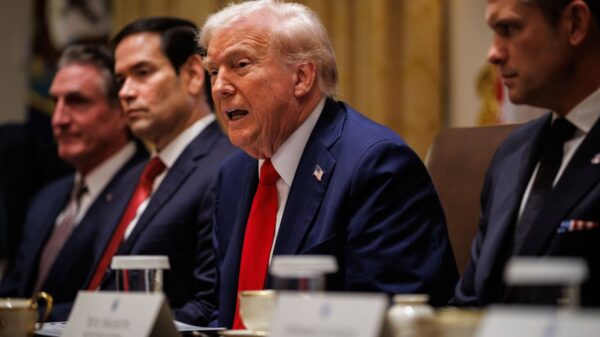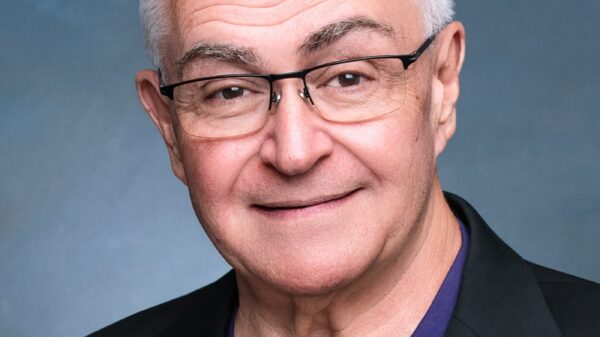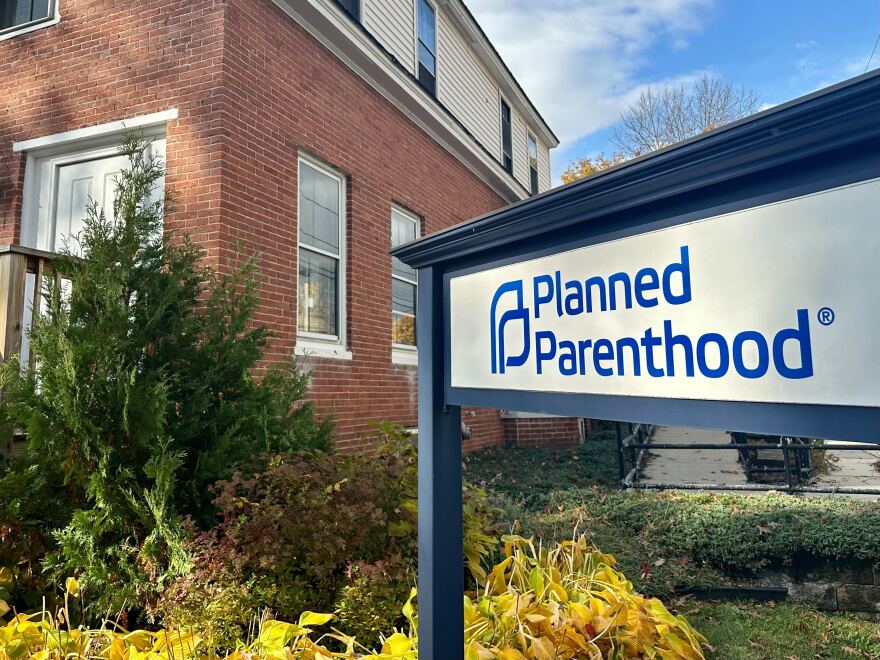Planned Parenthood of Northern New England may face a significant drop in patient access due to changes in federal funding policies. A newly passed federal spending bill prohibits Medicaid payments to abortion providers, impacting services at Planned Parenthood clinics across New Hampshire. Approximately 8,000 patients seek care from these clinics annually, with one in five covered by Medicaid.
The implications of this funding cut extend beyond abortion services. Planned Parenthood provides a variety of essential health services, including preventive care screenings, primary care, birth control, and menopause care. Without government reimbursement for these services, the organization may struggle to maintain its level of care.
A federal judge in Massachusetts has temporarily paused the Medicaid payment ban until July 21, 2023, pending a hearing on a potential longer suspension. However, officials at Planned Parenthood express concern that the uncertainty surrounding funding jeopardizes their ability to serve vulnerable populations.
Nicole Clegg, president and CEO of Planned Parenthood of Northern New England, stated, “Passing the reconciliation bill shows that they’re willing to do whatever it takes to achieve this goal, even if it means jeopardizing the health and lives of our community’s most vulnerable. Without access to the health care that Planned Parenthood provides to Medicaid patients, cancers will go undetected, STIs will be left untreated, and unplanned pregnancies will rise.”
In New Hampshire, the loss of Medicaid reimbursement represents an additional financial strain on Planned Parenthood, which already faced challenges earlier this year when it lost Title X funding due to a federal policy freeze enacted under the previous administration. Kayla Montgomery, vice president of public affairs for the New Hampshire chapter, noted that this recent development is not unprecedented. In 2011, the state Executive Council prevented Planned Parenthood from receiving a similar grant, which surprised many stakeholders.
Montgomery highlighted the organization’s long history with the Title X program, stating, “We’ve been in the program since its inception. That was the first time ever that we had been removed from the program.” Following that setback, former Governor Maggie Hassan collaborated with the Obama administration to ensure Planned Parenthood received direct grants for the state, allowing it to continue its services.
The current situation is exacerbated by low Medicaid reimbursement rates in New Hampshire, which Montgomery described as among the lowest in the region. She expressed disappointment that recent budget discussions did not yield higher rates, further complicating the financial landscape for the organization.
For example, an insertion of an intrauterine device (IUD) can be reimbursed at nearly double the rate in neighboring Maine compared to New Hampshire. Montgomery pointed out the difficulties for providers operating in the state, saying, “It’s really hard for providers, especially nursing homes and treatment facilities, to stay open because the reimbursement rates are so low.”
If the temporary injunction against the Medicaid payment cuts does not extend beyond the initial 14 days, Planned Parenthood may be forced to seek millions of dollars in funding from donors and patients. Montgomery emphasized the critical nature of state funding for public health, stating, “Healthcare should not be run by philanthropy. The state should have a stake here.”
As the situation continues to unfold, the potential loss of Medicaid reimbursement could have lasting effects on the availability of reproductive health services in New Hampshire, raising concerns for both patients and healthcare providers alike.







































































